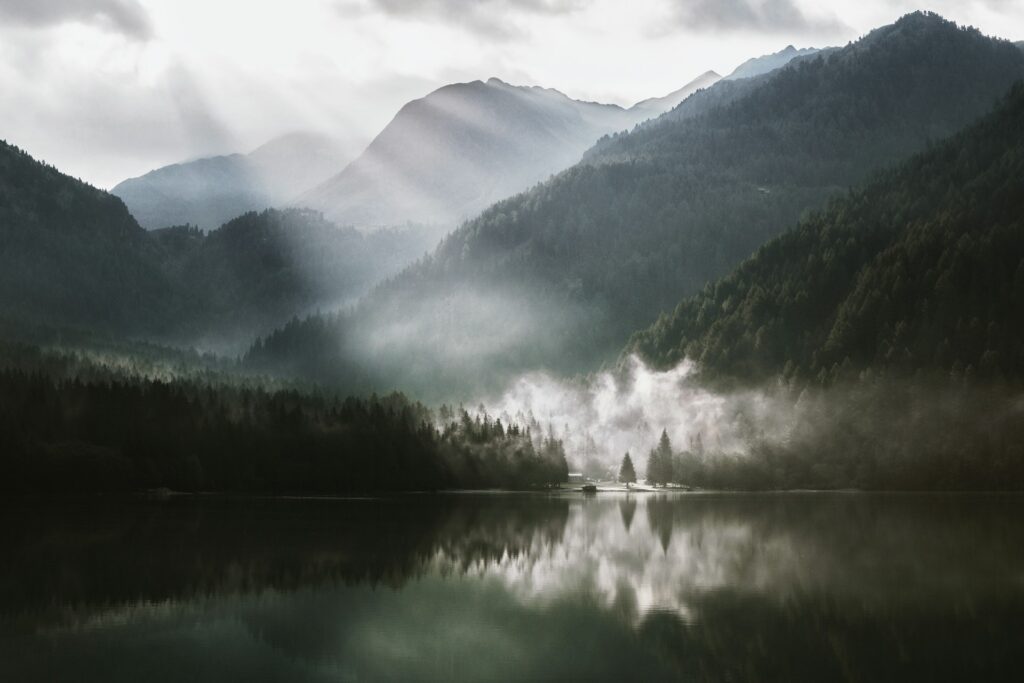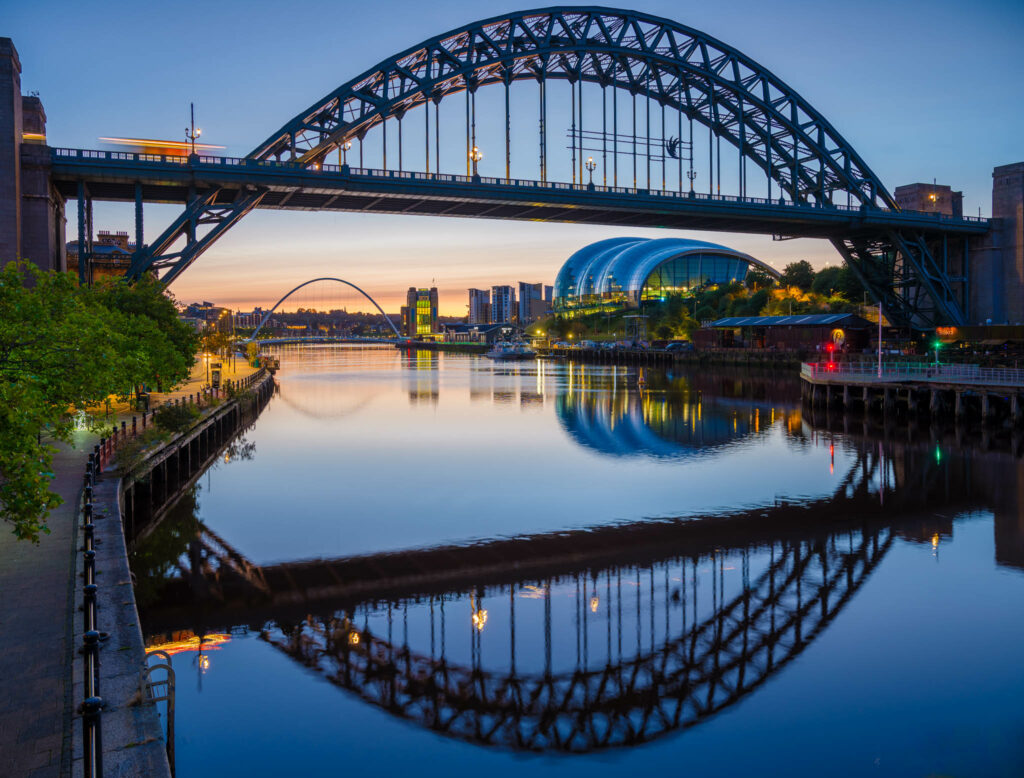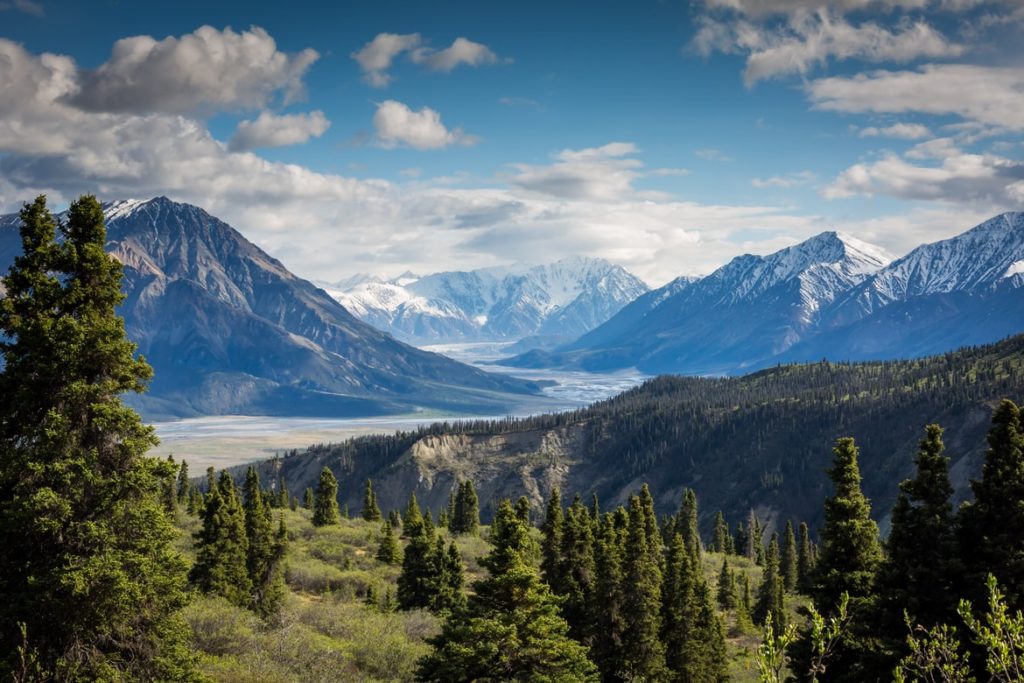For some of us, Fall is in full swing. So if you’re ready to take your camera out on an Autumn adventure (or if you want to be better prepared for next year), I will share some ideas to help you make the best of the season’s colors.
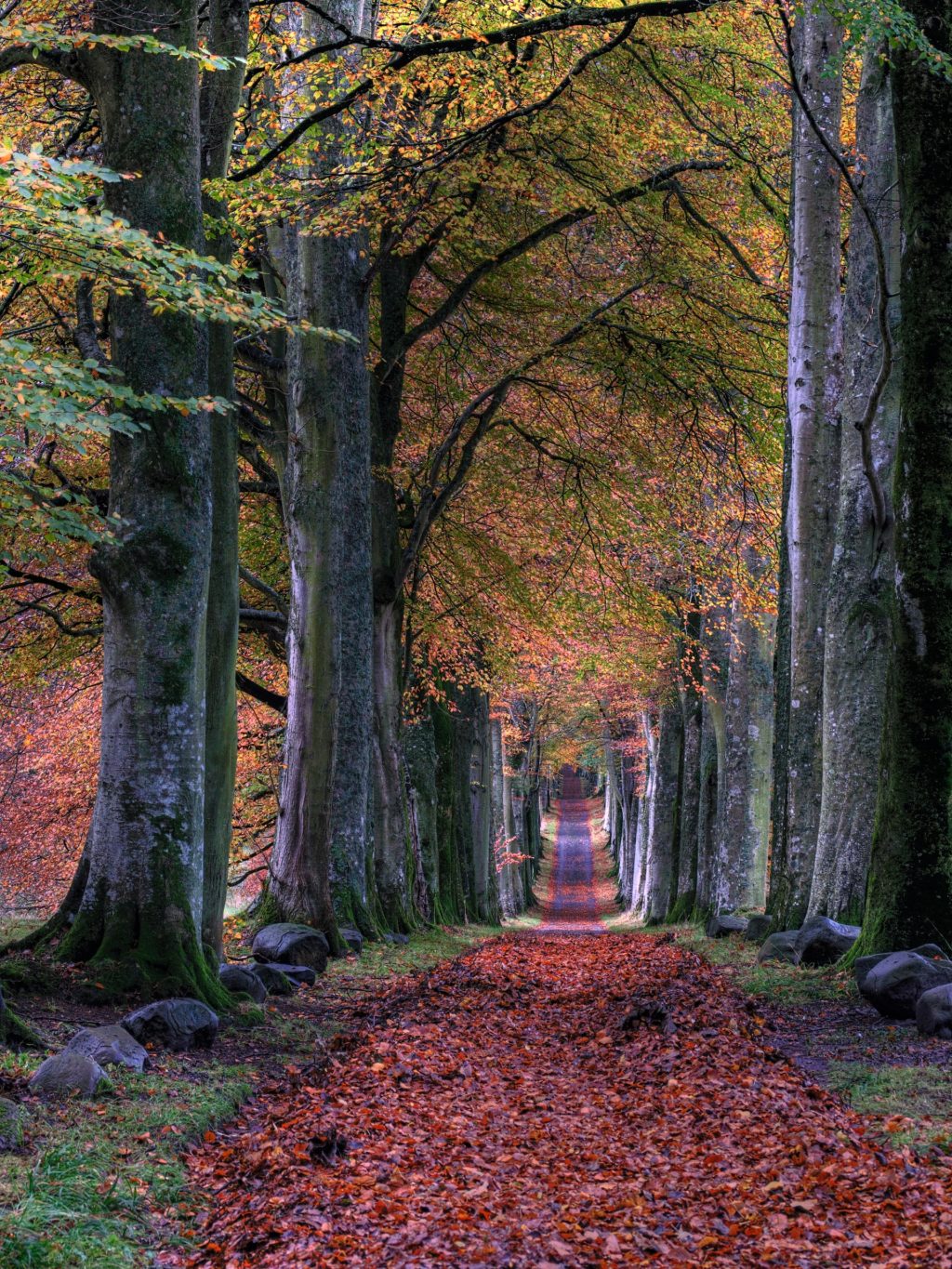
1. Research Potential Locations
I’m not in the habit of recommending that people travel just to find a beautiful shot, but the truth is not all Fall foliage is created equal. There are places that are green-ish throughout the year and places that explode with red, orange and yellow at the same time every year and places where Fall seems to come and go overnight.
So, depending on where you live you may very well have to venture outside your daily confines to get the shots you’re looking for. In this situation, planning ahead is invaluable. No matter where you decide to go, you will at least want to be aware of weather conditions. Not that bad weather is guaranteed to stop you, but it’s good to know what you’re getting into. You might also find it useful to scout the area once you arrive to get better acquainted with the terrain; this can help you previsualize your compositions.
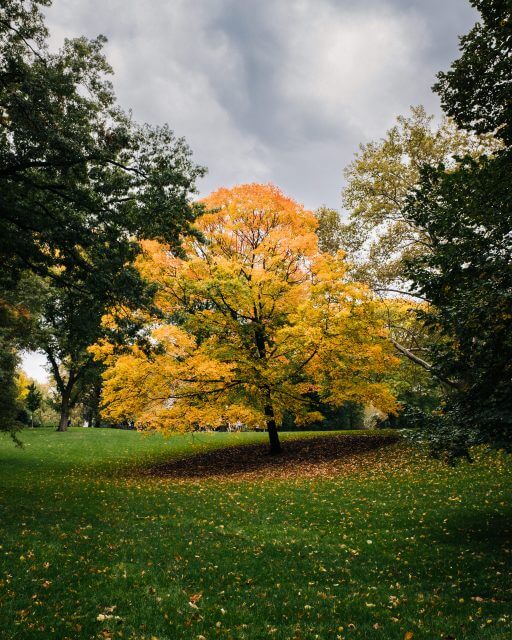
2. Choose The Right Time Of Day
There’s no objectively right or wrong time, but there are definitely times of day that are preferable, namely those moments just before and after sunrise and sunset. The warm, softer light associated with golden hour and the blue and pink atmospheric hues associated with the blue hour can have an incredible impact on the surrounding Fall foliage, naturally enhancing vibrance and contrast. Getting up early or staying out after sunset will absolutely be worth it.
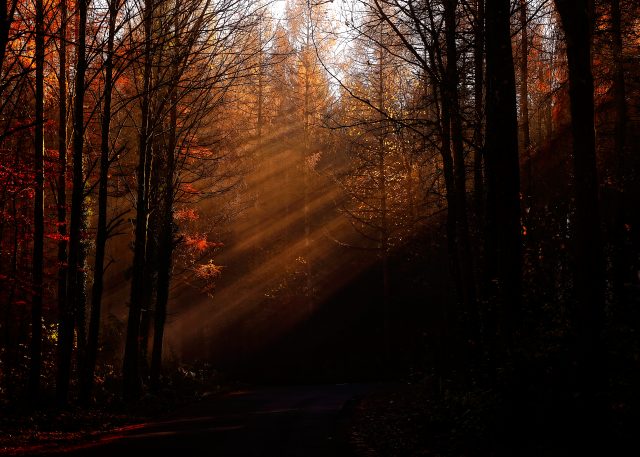
3. Embrace Bad Weather
Cold, wind, rain, fog and maybe even snow are elements you’ll have to contend with during your Fall photography excursions. Personally, I embrace them all (except wind — yuck!). Clouds and fog can add drama to a scene, snow can provide visual contrast, rain can add texture and give you an excuse to break out your macro lens. The point is, less than ideal weather conditions will assist you in crafting some riveting Fall foliage photos.
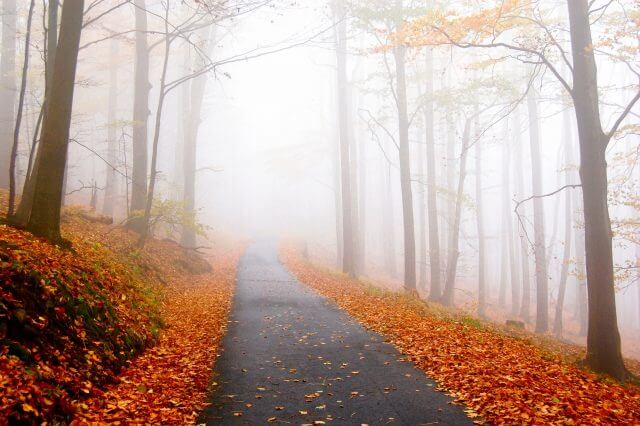
4. Don’t Forget The Details
Landscape photography in general, regardless of the season, tends to be shot wide. There are, however, plenty of opportunities to get in close and capture the details. Trees, for instance, are a popular subject of Fall photography, but if you encounter bare trees all you have to do is get low and shoot the fallen leaves or whatever other treasures the trees have relinquished. Additionally, trees missing their leaves aren’t a lost cause, though, as their trunks offer up lots of texture and linear patterns.
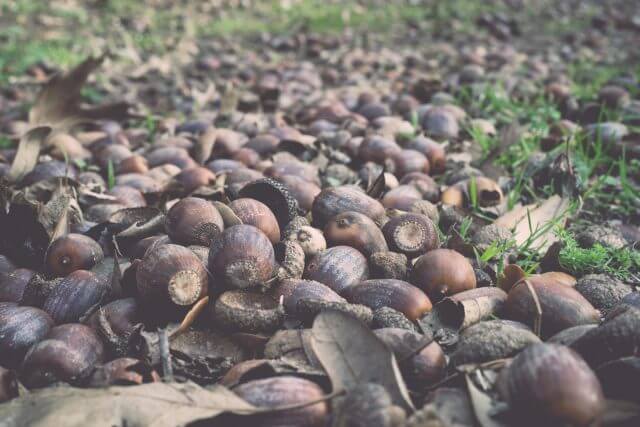
5. Shoot At Night/Make Long Exposures
In some places, Fall typically means very cool nights, clear skies and little to no wind. These conditions are great for long exposure or astrophotography and combined with the color-drenched landscapes, you’re sure to come away with some unique images.
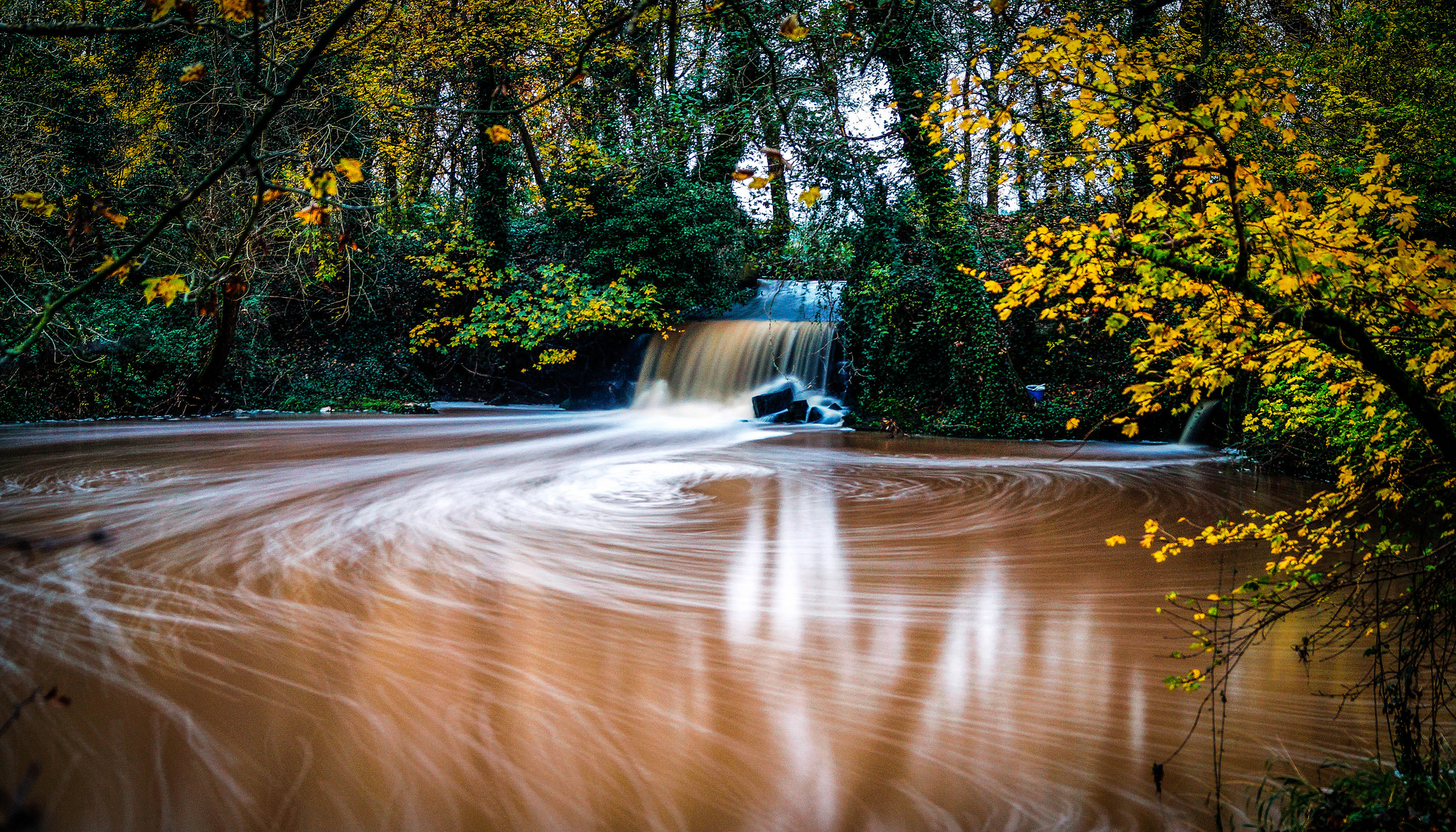
6. Use A Polarizer
A polarizing filter has many more uses than making blue skies bluer, it also reduces reflections, and not just on water. If you find yourself shooting in not-so-great lighting and everything around you appears dull and washed out, a polarizing filter is what you need to effectively bring those colors back to life.
A polarizer also helps reduce atmospheric haze, but depending on your creative vision you may or may not want to forgo the filter for this purpose.
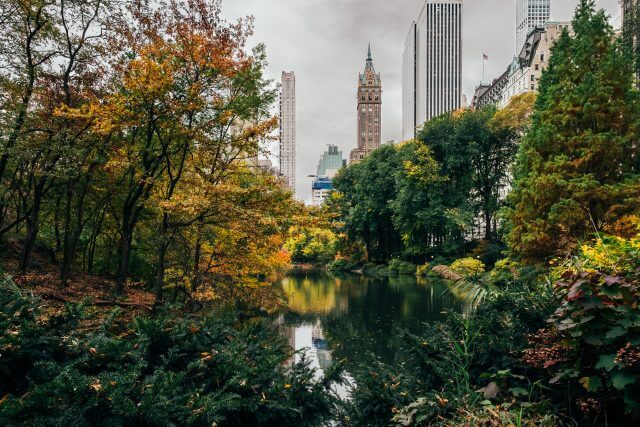
Final Thoughts
Hopefully, the above ideas will be in some way useful to you on your way to better Fall foliage photography. If there is one point to keep in mind to tie a nice bow around all the others here, it is to not overlook strong composition. I suppose it’s easy to be swept up in the pretty colors and be content to let that dominate the frame, but there are other elements that contribute to an effective photo and putting all those elements in their right place will result in memorable photos.


